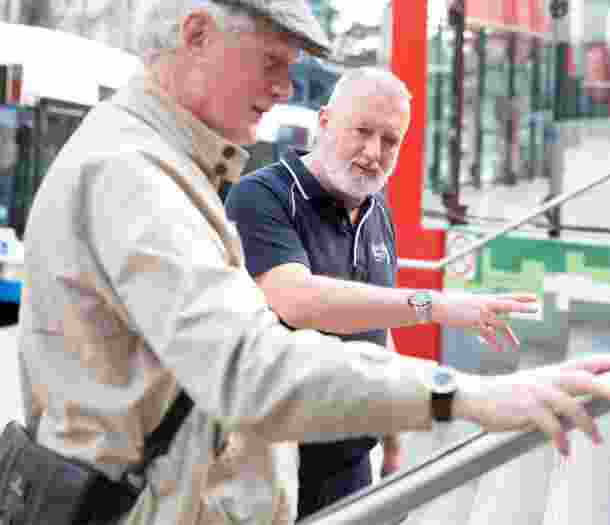On this page:
About our supports
More than dogs for mobility
Although our beloved Guide Dogs play a crucial role in much of what we do, we offer a wide range of versatile supports to meet the unique needs of a range of patients from newborns to adults.
- Occupational Therapists support people to achieve individual goals in everyday life, including personal care, domestic tasks, and recreational activities.
- Orientation & Mobility Specialists work with people to identify personal mobility goals to be safe and independent accessing their community, using public transport, crossing roads and more.
- Acquired Brain Injury Mobility Specialists work with people who have experienced vision loss after a brain injury. There is a focus on maximising the use of residual vision for safe and independent mobility, while also developing strategies to manage cognitive changes that may affect mobility.
- Orthoptists specialise in low vision and can assist people to understand their visual condition and identify appropriate equipment or strategies for using their functional vision.
- Assistive Technology Specialists understand the best equipment to support independence with a range of activities.
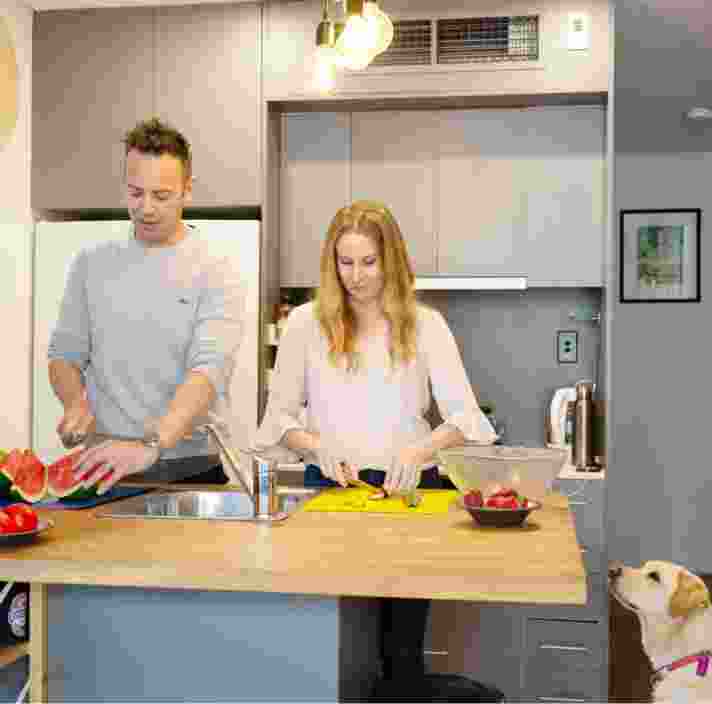
Options for financial assistance
Financial assistance
Guide Dogs Victoria can provide services through the following funding programs:
- National Disability Insurance Scheme (NDIS)
- My Aged Care
- Transport Accident Commission
- WorkCover
- Job Access
- Department of Veteran’s Affairs
- Philanthropy
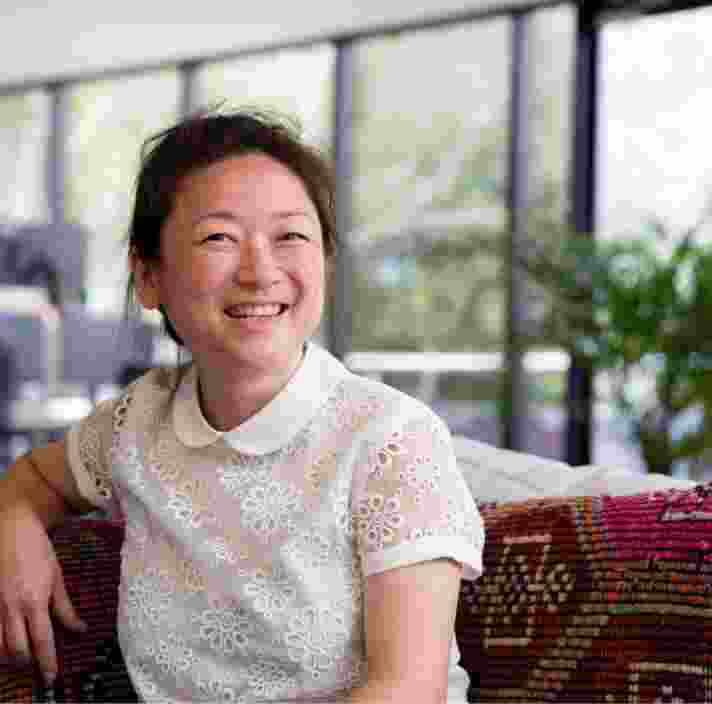
Considering a referral
Support is available
We can support people with uncorrectable vision loss. They may be diagnosed with, though certainly not limited to:
- partial or total vision loss
- glaucoma
- aniridia
- ocular albinism
- hereditary vision loss, e.g. retinitis pigmentosa
- age-related macular degeneration
- visual field loss from brain injury e.g. hemianopia
- visual agnosia.
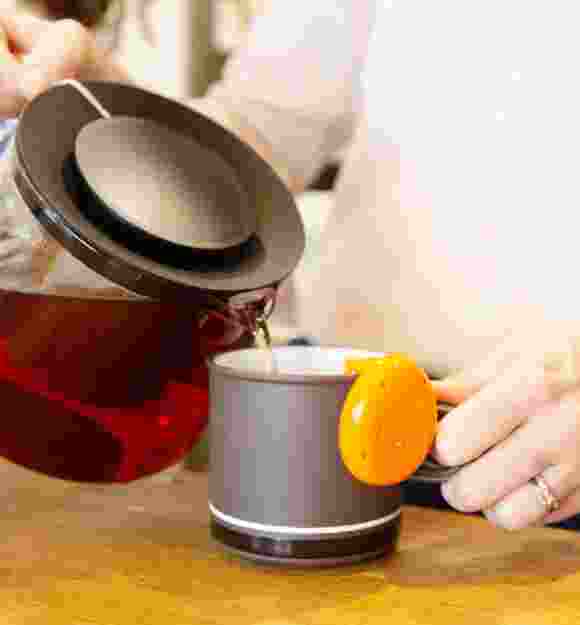
Whether your patient is young or young-at-heart; if they have recently experienced a change in vision or had long-term low vision; whether they are looking for a Guide Dog or non-dog support services — we will always provide support.
If you’re ever unsure, call us for a chat on 1800 804 805.
When you might refer
Situations when you might refer a patient
In many cases, making a referral is beneficial regardless of the circumstance. Clinical vision loss and functional vision loss create different challenges for people in different situations, and they are not necessarily interlinked.
For example, a patient who has had a recent stroke may experience difficulties due to functional vision loss – without a clinical presentation – which may create challenges for their wider rehabilitation program because of issues with awareness, balance or mobility.
A person struggling with low vision might experience difficulty with:
- Independence in the home: Handling tools in the shed or maintaining safety in the kitchen and bathroom.
- Personal care: Grooming, identifying clothes and managing hair or makeup.
- Technology: Struggling to use devices like phones, TVs or computers.
- Recreation: At school, out shopping or within the community.
- General mobility: Consider making a referral in any instance where you’re unsure how a person will travel home, if they have experienced any unexpected falls, or suffer common headaches.
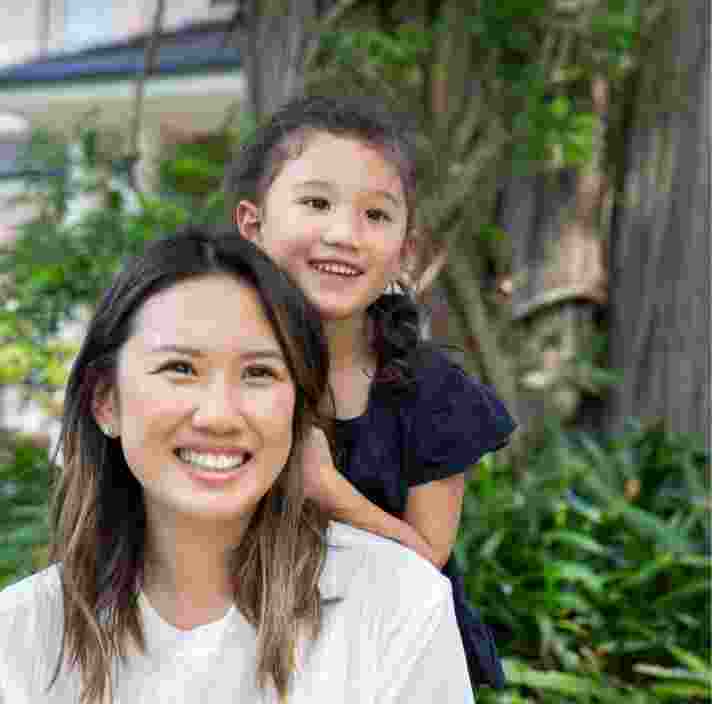
What to include in your referral
When referring, try to provide as much information as you can
Nothing is mandatory for referral, however, the more information you can provide, the better we can serve your patient. In an ideal case, your referral will include each patient’s:
- discharge summary
- vision report
- access to funding (NDIS or a funding status, e.g. NDIS participant)
- additional context or supporting information.
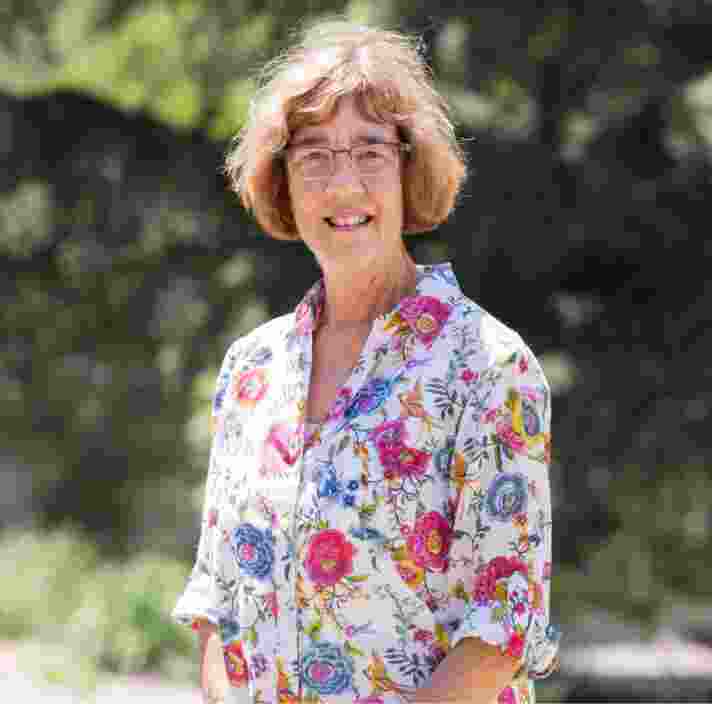
Refer a patient now
Take the first step towards your patient's goals
Ready to continue?
Seems like you have filled this form earlier. Let’s pick up where you left off.
